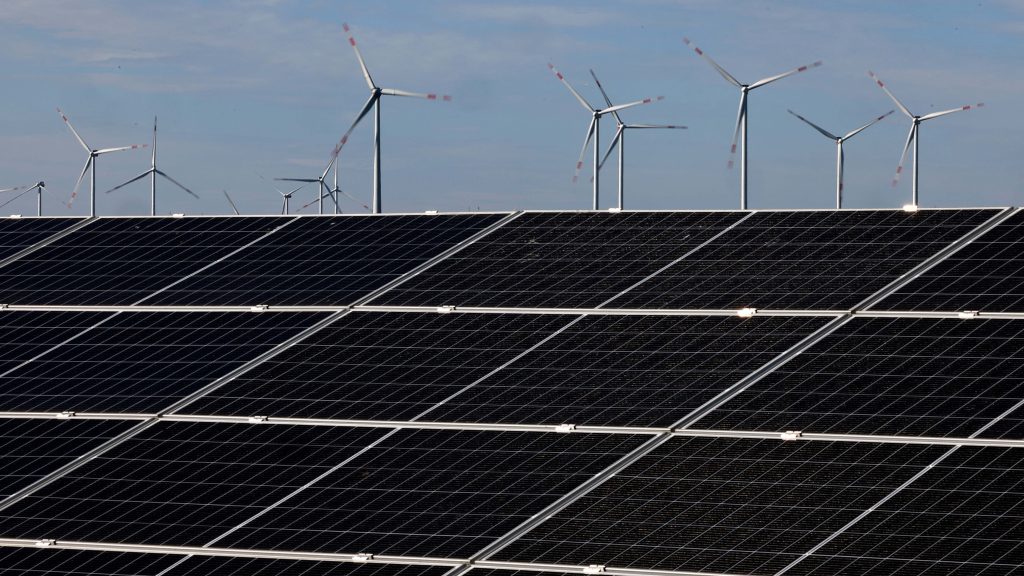
A wide range of public buildings — from care homes to libraries — are set to benefit from a new £10 million clean energy fund aimed at reducing bills and supporting local decarbonisation efforts.
The funding, delivered via publicly-owned Great British Energy (GB Energy), is being channelled through mayoral authorities to roll out clean energy technologies across England. Project managers overseeing the upgrades will deliver rooftop solar PV, battery storage systems, and electric vehicle (EV) charging infrastructure at sites including fire stations, police buildings, sports centres and leisure facilities.
This initiative is part of a broader drive by GB Energy, which is also investing £180 million in clean energy projects for 200 schools and hospitals.
Early examples include:
Rooftop solar for care homes and leisure centres in Merseyside
Combined solar and battery systems for libraries, fire stations and police stations in Greater Manchester
EV charger deployment across key community access points
Solar installations at Cambridgeshire police HQ, a covered market in Yorkshire, and a former colliery site in the East Midlands
Clean energy upgrades for council-run sites in Leeds, including the Arium plant nursery and Lotherton Hall estate
According to government estimates, the funded projects could generate around £1 million in annual energy savings, translating to £35 million in lifetime savings, while also enhancing energy security and creating skilled local jobs.
Energy Secretary Ed Miliband said the scheme would “free up more funding for frontline services while supporting a cleaner, more resilient energy system.”
Dan McGrail, CEO of GB Energy, highlighted the role of local delivery: “We want communities to see and feel the benefits of the energy transition. These projects will lower costs, create jobs, and bring cleaner power right to the heart of our neighbourhoods.”
For project managers in the public sector, the funding offers a clear mandate to accelerate energy transition at the community level — with measurable returns in cost, carbon, and community resilience.